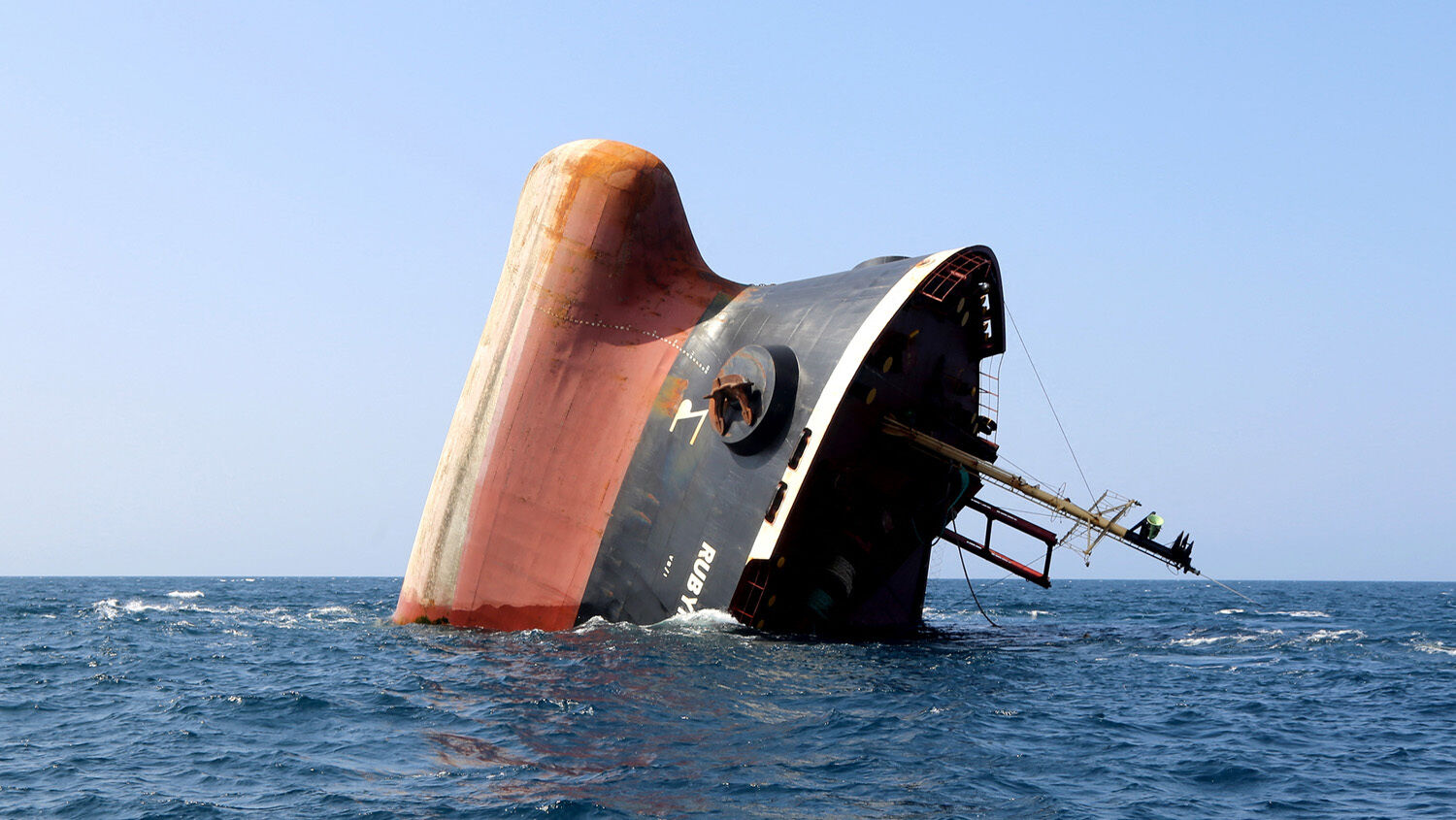
China and Russia Make a Deal With the Houthis
China and Russia have made an informal deal with Yemen’s Houthi terrorist group, Bloomberg reported on March 21. According to “several people with knowledge of the militant group’s discussions,” the Houthis agreed not to target Chinese and Russian ships in the Red Sea in exchange for protection in international forums.
Amid the Israel-Hamas war, the Iranian proxy Houthis have been disrupting Red Sea merchant traffic. The main targets were ships going to and from Israel. But any ship sailing through the Red Sea has become Houthi “target practice,” including Russian and Chinese ships. In late January, the Houthis fired at a ship carrying Russian oil after a Houthi spokesman told Russian media they would avoid Russian and Chinese targets.
Unlike many Western nations, Russia and China still use the Red Sea for trade. Both are partners with Iran. But the Houthis’ recklessness evidently is making Russia and China uneasy.
The details of the deal aren’t currently public. Bloomberg’s sources mentioned the United Nations Security Council (unsc). What kind of support the Houthis could receive is unclear, but China and Russia have often used the unsc to stonewall the United States in matters like Gaza and Ukraine. The deal could block meaningful intervention in Yemen by the UN.
China’s involvement is especially noteworthy. It has pressed for years for influence over the world’s major maritime trade centers. It gained control of Hong Kong from Britain and is annexing territory in the South China Sea. A Hong Kong-based corporation controls the container ports at the Panama Canal. China’s Landbridge Group operates Australia’s Port of Darwin. Under the leadership of General Secretary Xi Jinping, China’s Belt and Road Initiative has invested roughly $5 trillion in infrastructure projects to connect over 100 countries to China. Xi has pushed hard to get the world economy to revolve around China.
However, China seems less likely to gain control over the Red Sea. The volatile Middle East is usually the zone of competition for powers like the U.S., Iran and Europe.
But this deal shows how far China’s influence goes. It (along with Russia) is one of the few major economies that can get the Houthis to back off. While the Houthis are disrupting American, Israeli and European trade, they apparently want Chinese ships to keep coming. The brics economic bloc (made up of Brazil, Russia, India, China and South Africa) also recently welcomed Egypt as a new member, putting the Suez Canal closer to China’s sphere of influence.
Russia has a lot of geopolitical leverage. But China is the world’s second-largest economy. Russia is number eight. When it comes to economic matters, one Asian giant towers over the other.
More and more, China has the most leverage on worldwide trade.
Isaiah 23 prophesies of a trade alliance dramatically impacting global commerce. Verse 3 calls this bloc a “mart of nations” (or, as the Revised Standard Version puts it, “the merchant of the nations.” Verse 1 brings Chittim—an ancient name for China—into the context. As Trumpet editor in chief Gerald Flurry brings out in his booklet Isaiah’s End-Time Vision, this is speaking of a now-forming trade empire focused on China.
Other prophecies show the Red Sea may elude complete Chinese control. But as the Houthis wage holy war against “infidels,” it is remarkable how much influence China has over them and their control of Red Sea trade. We can expect Chinese trade domination to increase and Europe to take notice.
To learn more, read our Trends article “Why the Trumpet Watches the Development of a Massive Anti-American Trade Bloc.”
